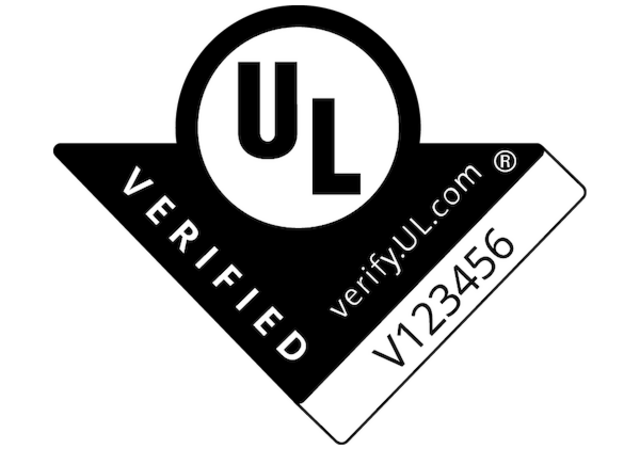Maintaining personal health is a topic on many minds these days with consumers more interested than ever in dietary supplements for long-term, sustainable health. In response, the market has grown exponentially to meet demand over the last few years. The global supplements market is set to reach $216 billion (USD) by 2026, according to recent research by Reports and Data.
With increased market size, it’s no surprise to see global growth in the number of dietary supplement manufacturers and distributors. This expansion makes it more crucial than ever to build transparency into the entire manufacturing process, from farm to shelf.
There are real life-or-death consequences to supplement labeling. Approximately 50,000 adverse effects such as organ damage occur yearly due to the use of dietary supplements. Further, approximately 2% of hospital admissions in an average year can be attributed to the same. The risk is huge for companies if they don’t keep an eye on ingredients and production.
One effective way to help ensure high-quality products is to establish a robust supply chain qualification program. This includes adding an accredited third-party Good Manufacturing Practices (GMP) audit certification program. A GMP program allows companies to check that manufacturing and distribution facilities are meeting current regulations every step of the way. Additionally, companies need to demonstrate that ingredients listed on the label match the information on the facts panel. This can be accomplished through third-party testing, such as with UL. For example, UL’s FDA-registered U.S. laboratory applies scientific methodologies to verify the accuracy of active ingredients listed in dietary supplements.
Comprehensive quality test processes can also identify the presence of harmful contaminants, such as unwanted microorganisms, heavy metals and pesticides, providing consumers with a greater level of confidence and peace of mind.
Some retailers have taken additional measures to verify the safety and potency of supplements sold to consumers and highlight that information in their marketing claims. UL’s long history in science-based, independent testing is why some retailers trust the company to help evaluate and validate their claims about supplement ingredients. Using the UL Marketing Claim Verification helps demonstrate to customers that a company takes seriously its responsibility to tell the truth to its customers.
Consumers are rightly focused on what they put inside their bodies, and they need help to know what’s really in the supplements they take. Companies that verify supplement labeling and have transparent sourcing may be better positioned to earn and keep consumer trust, especially when those claims are evaluated by an independent third-party. For more information about what UL does to help verify supplements, please visit https://www.UL.com/offerings/regulatory-compliance-testing-dietary-supplements.
Get connected with our sales team
Thanks for your interest in our products and services. Let's collect some information so we can connect you with the right person.




